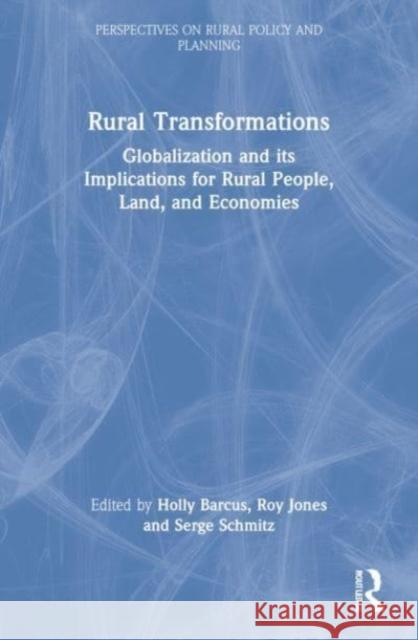Rural Transformations » książka
topmenu
Rural Transformations
ISBN-13: 9780367626471 / Miękka / 2023 / 248 str.
Rural Transformations
ISBN-13: 9780367626471 / Miękka / 2023 / 248 str.
cena 219,90
(netto: 209,43 VAT: 5%)
Najniższa cena z 30 dni: 201,44
(netto: 209,43 VAT: 5%)
Najniższa cena z 30 dni: 201,44
Termin realizacji zamówienia:
ok. 16-18 dni roboczych.
ok. 16-18 dni roboczych.
Darmowa dostawa!
This book focuses on the transformation of rural places, peoples, and land endemic to the contemporary manifestations of globalization.











